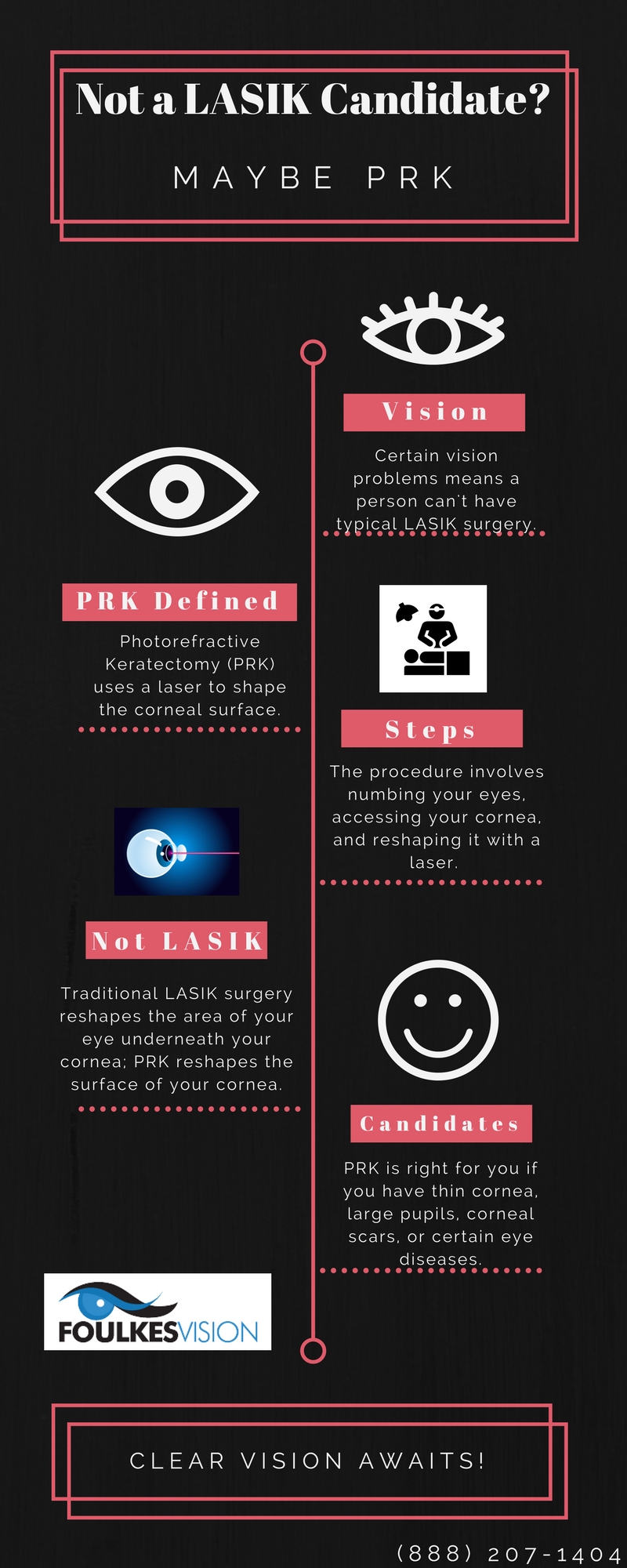The Ultimate FAQ On Refractive Lens Exchange: Every Little Thing You Need To Know
The Ultimate FAQ On Refractive Lens Exchange: Every Little Thing You Need To Know
Blog Article
Material Writer-Ingram Eskesen
If you're thinking about refractive lens exchange, you probably have a great deal of concerns. Is LASIK Worth It For Astigmatism could alter how you see the globe, providing advantages like decreased reliance on glasses. Nevertheless, it's vital to comprehend the process, risks, and who certifies as an excellent prospect. Let's explore these important elements so you can make an informed choice about whether RLE is right for you.
What Is Refractive Lens Exchange and How Does It Function?
Refractive lens exchange (RLE) is an operation made to change your eye's natural lens with a fabricated one, remedying vision issues like nearsightedness, farsightedness, or presbyopia.
During the treatment, your cosmetic surgeon makes a little cut in the eye, removes your natural lens, and inserts an intraocular lens (IOL) customized to your vision requires. This outpatient surgery generally takes around 15 to thirty minutes per eye and is done under regional anesthetic.
You'll likely notice enhancements in your vision virtually immediately, though full recovery might take a few weeks. RLE is particularly valuable for those over 40 or with high prescriptions, using a durable solution contrasted to glasses or call lenses.
Your eye treatment specialist can assist figure out if RLE is right for you.
What Are the Perks and Threats of Refractive Lens Exchange?
Choosing refractive lens exchange can result in considerable renovations in your vision, however it is necessary to evaluate both the benefits and dangers before making a decision.
On the bonus side, this treatment can enhance your sight by remedying issues like presbyopia, myopia, and hyperopia. Many individuals enjoy reduced dependence on glasses or contact lenses, which can significantly improve their lifestyle.
Nevertheless, it's critical to consider prospective risks. Complications can consist of infection, glare, or halos around lights.
There's additionally an opportunity of overcorrection or undercorrection, which might need extra procedures.
That Is an Ideal Prospect for Refractive Lens Exchange?
If you're thinking about refractive lens exchange, it is very important to know whether you fit the profile of an excellent prospect. Typically, https://www.dovepress.com/effects-of-3-trehalose-as-an-adjuvant-treatment-after-lasik-peer-reviewed-fulltext-article-OPTH may be a good prospect if you more than 40, experience presbyopia, or have high degrees of nearsightedness or farsightedness.
It's additionally critical that your vision is steady, meaning your prescription hasn't changed dramatically in the past year. If you have cataracts or various other eye conditions, you may gain from this procedure too.
However, particular aspects, like unrestrained diabetes or autoimmune conditions, might invalidate you. To establish your candidateship, talk to an eye care expert who can review your specific circumstance and recommend the very best course of action tailored to your needs.
Final thought
Finally, refractive lens exchange can be a transformative choice for improving your vision, particularly if you're over 40 or have a high prescription. While the advantages are considerable, it's vital to evaluate the threats and speak with your eye care professional to identify if you're an excellent candidate. With the ideal information and guidance, you can make a notified decision and possibly enjoy a life with decreased dependence on glasses.
